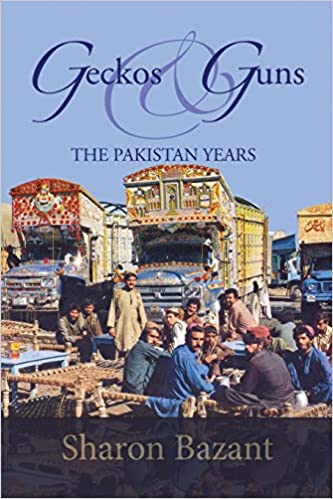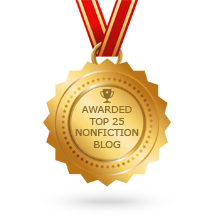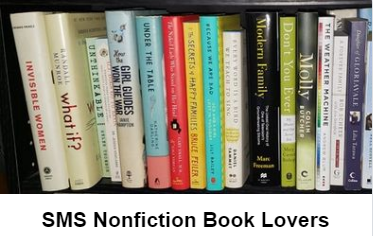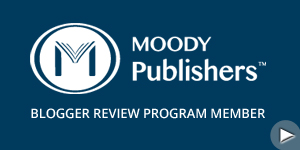A book review of Geckos & Guns: The Pakistan Years by Sharon Bazant
Stars: ****
BookLocker (2021)
Memoir
358 pages
Disclosure: I received a copy of this book in exchange for an honest review. This post contains affiliate links.
Summary: Geckos & Guns: The Pakistan Years is the latest installment of Sharon Bazant’s riveting travel memoirs. Following on the heels of her 2019, Nine Years in Bangkok: Lessons Learned, this new title Geckos & Guns tells of the time before Bangkok. It is a prequel that follows the first impulses of the Bazant family to break out of the mold, to leave their comfortable Canada home. With two teens in tow, they took a “hardship” posting for the United Nations in Islamabad. The book opens with Sharon and the kids joining Wayne in January 1991 and chronicles their five year stay there. Bazant brings her gift for detail to the story and paints a beautiful backdrop with her words.
Where Nine Years in Bangkok is a tale of Bazant’s personal soul journey, the focus of Geckos & Guns is the Bazant family’s time in Pakistan-a time of adjusting to new and different surroundings, of embracing cultural differences, and of recognizing imminent danger. In the five years the Bazant family spent in Pakistan, they learned to love the temperate climate and the stark beauty of the countryside, the spicy curries and the exotic weddings, but they also learned to negotiate constant power cuts, flash floods, trips into opium country, bombings, a family emergency and more.
Geckos & Guns
This is the second book in the series although it’s a prequel to the original. I have not read the original but luckily you don’t have to, to read Geckos & Guns. I don’t normally like travel memoirs but I enjoy it when it’s more about living abroad than just travelling. This book reminded me heavily of Adventure by Chicken Bus. In that book the family lives in Central America with just a few backpacks. In this one, the family lives in Pakistan but they live in a house.
Wayne Bazant (the dad) works for the United Nations and they get posted in Pakistan. As a Canadian, I only know what I’ve heard about life in Pakistan, which isn’t much. I was shocked multiple times over. It was not just the dangers either. The way of life is very different there than in Canada or America. For example they had to hire servants to take care of the house. It wasn’t just expected but a necessity for various reasons.
Servants
“We learned early on that domestic staff was a necessity. Why? Well, for starters, we lived in a 7000 square foot home! Islamabad was a dusty town in a subtropical climate with no public bathrooms. Interior spaces needed to be kept clean for the sake of everyone’s health. Every day the floors had to be cleaned with a solution of Dettol and water to get rid of dirt and bacteria brought in from outside and to protect us from invasion by bugs and pests. All surfaces, ornaments, etc., had to be cleaned and wiped down daily as well. The kitchen and the bathrooms, but particularly the kitchen, had to be thoroughly cleaned and disinfected at least once a day.”
– Geckos & Guns pg 15-16
Not only all that but they needed a cook who was well versed in Pakistan shopping, prep and cooking. Food had to be bought from many markets where you had to negotiate the price for. Produce was grown in human excrement fertilizers and so had to go through a vigorous washing process. Only those who grew up in Pakistan could fully make sure everything was done safely.
This book is almost 400 pages but I read it super fast as if it was only 200. It was intriguing. I recommend to anyone who is interested in life in Pakistan OR is considering moving abroad.
Buy Geckos & Guns from Amazon.com and help support the blog.
Find Geckos & Guns at Goodreads.









